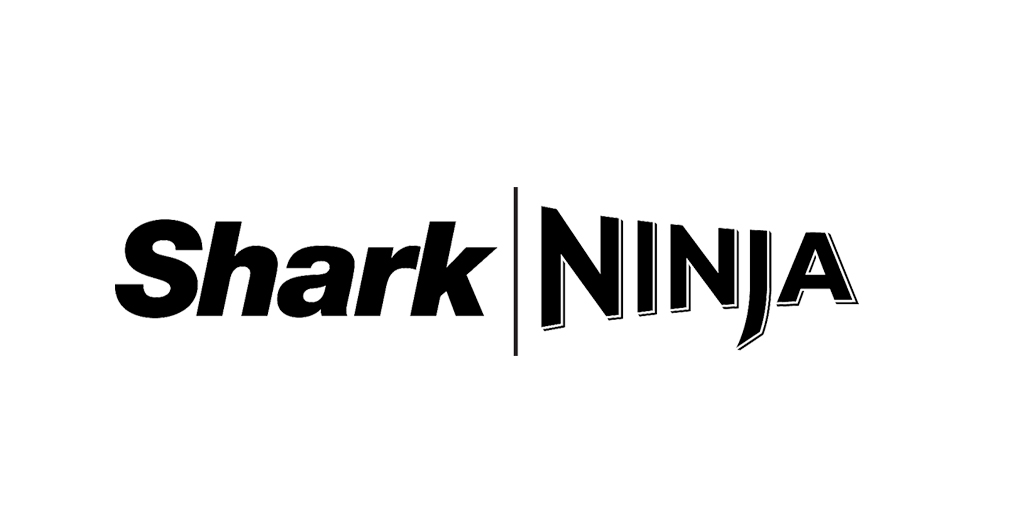
SharkNinja: ‘America’s #1 Floorcare Brand’
Not according to units sold, a recent inquiry found.
In February 2019, a class-action lawsuit was filed against State Employees Federal Credit Union (SEFCU) for, among other things, allegedly misrepresenting that it only charges its customers overdraft fees when an account does not have enough money to cover a transaction without telling them that the credit union subtracts any money that has been placed on hold to determine if an account is overdrawn resulting in customers being charged overdraft fees even when they do have enough money to cover a transaction. Plaintiffs also claim that SEFCU misrepresents that it does not charge overdraft fees unless a customer has opted in to have overdraft protection when, according to the complaint, the credit union charges such fees to customers who haven’t opted in. (Sotir et al v. SEFCU, Case No. 19-cv-147, N.D.N.Y.)
For more of TINA.org’s coverage of banks, click here.
Not according to units sold, a recent inquiry found.
Lawsuits allege online ticket sellers violate New York state law.
Adding up the fees associated with this gym’s memberships is its own workout.
Undisclosed blackout restrictions may prevent you from watching your team.
A number of deceptive marketing issues should keep consumers on their toes.



